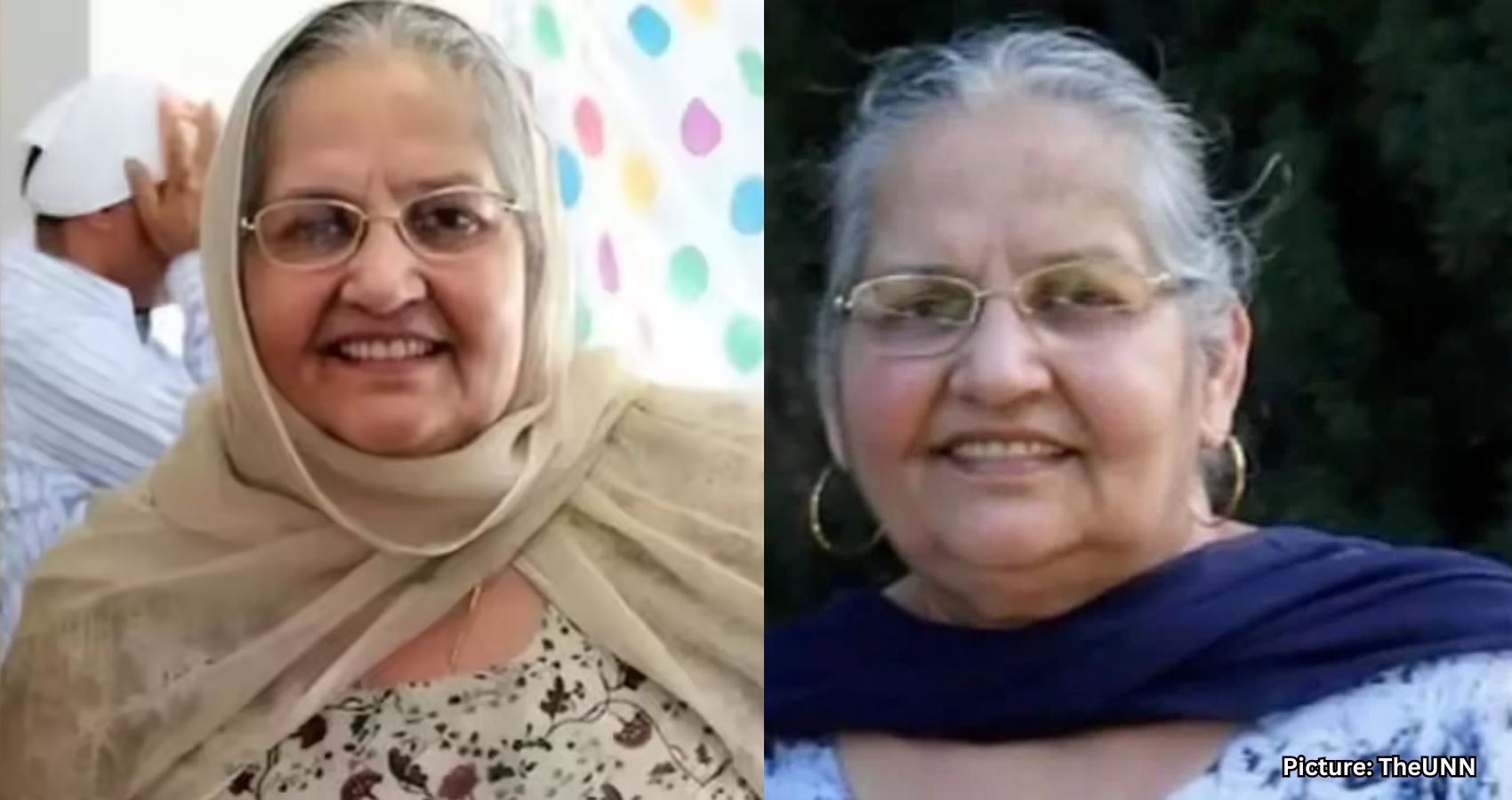Harjit Kaur, a 73-year-old Sikh grandmother, has been deported to India after facing alleged mistreatment during her detention by ICE, raising concerns about immigration enforcement practices.
Harjit Kaur, a 73-year-old Sikh grandmother who lived in California for over three decades, has been deported to India following weeks of detention that her attorney and community advocates describe as inhumane. Her case has ignited discussions surrounding immigration enforcement and the treatment of vulnerable individuals in detention.
Kaur was detained during a routine check-in with U.S. Immigration and Customs Enforcement (ICE) on September 8 in San Francisco. Despite having reported to ICE every six months for more than a decade, she was taken into custody without warning. Kaur had resided in Hercules, California, since the early 1990s, where she worked modest jobs to support her two sons and five grandchildren, many of whom are U.S. citizens.
Her family had arranged for her to return to India on a commercial flight, intending for her to travel with dignity and be accompanied by a relative. However, ICE transferred her without notice from Bakersfield, California, to Lumpkin, Georgia, before placing her on a charter deportation flight. This abrupt action left her family without the opportunity to say goodbye.
According to her attorney, Deepak Ahluwalia, troubling details have emerged regarding Kaur’s treatment while in detention. Reports indicate that she was held for hours in cells without beds or chairs, forced to sleep on the floor, and shackled during transport. Additionally, she was denied vegetarian meals that aligned with her faith, at times receiving only an apple or even a plate of ice to take her medication. Kaur was also reportedly denied basic medical care for days and frequently refused access to water and hygiene supplies.
The Sikh Coalition, along with Kaur’s attorney, expressed outrage over her treatment. “This treatment is unacceptable for any person,” they stated, “but it is especially disturbing that a 73-year-old grandmother had to endure such conditions.”
Kaur’s immigration journey began in 1991 when she fled political turmoil in Punjab, India, after becoming a widow and raising her two young sons. Over the years, she filed multiple asylum applications, all of which were denied, with the last one submitted in 2012. Although her legal avenues for permanent residency had closed, she remained in the U.S., paying taxes and working as a seamstress at a Bay Area sari shop, Sari Palace, for nearly two decades.
Her community remembers her fondly, with many expressing heartbreak and disbelief over her deportation. “This has been heartbreaking,” one commenter noted. “I remember her from Sari Palace. She was so kind and talked to me like I was family even though it was my first time there.”
The Sikh community in California and beyond has closely monitored Kaur’s case, viewing it as representative of a broader crackdown by immigration authorities. Critics argue that her deportation highlights not only ICE’s harsh tactics but also significant policy shifts that have placed vulnerable immigrants—especially the elderly—at increased risk of mistreatment.
For years, Kaur’s deportation had been delayed due to her lack of necessary travel documents. Indian missions in the U.S. typically require verification of identity and origin before issuing emergency travel certificates, a process that can take weeks. However, this time, her deportation was executed swiftly.
Kaur has now arrived in India and is en route to Punjab, according to her attorney. Her family and community supporters remain deeply concerned about the treatment she endured during her final days in the United States.
Source: Original article

